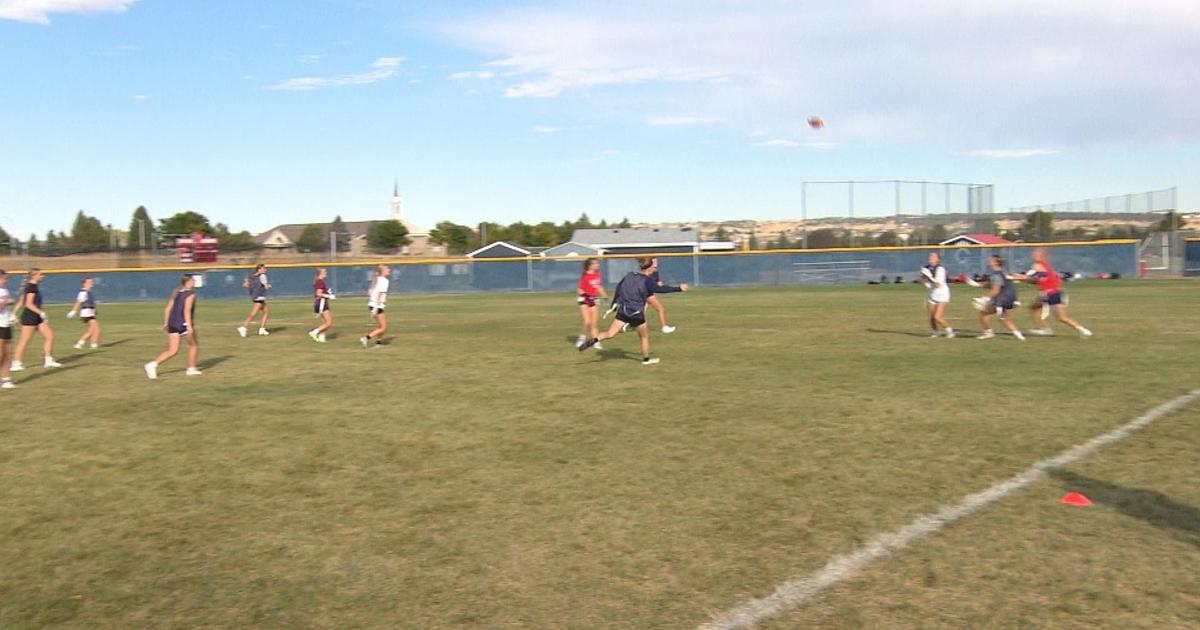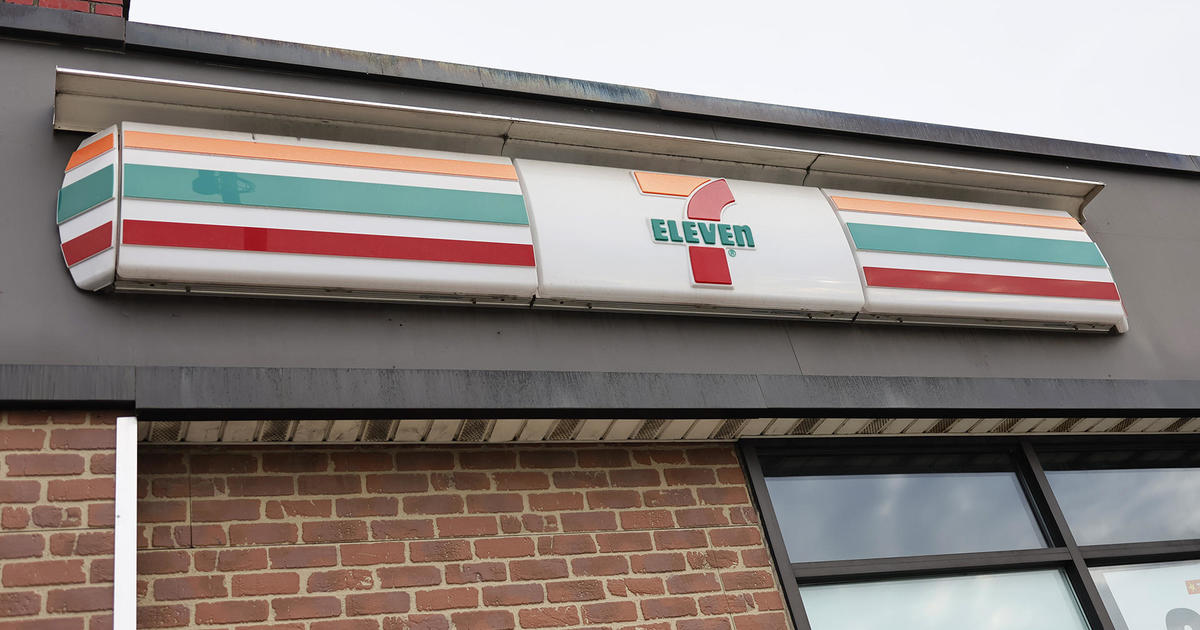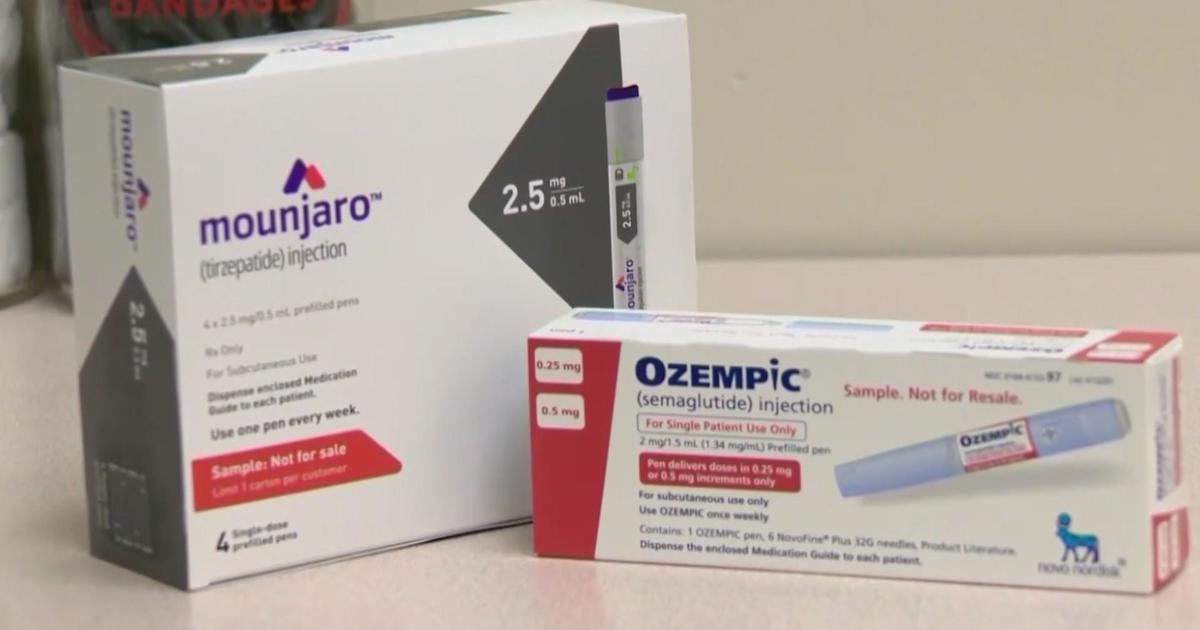Confusion Reigns On Colorado School Tax Question
DENVER (AP) - An income tax question to be decided by Colorado voters Tuesday sets up a watershed change for how public schools are funded and could be the largest voter-approved tax hike in state history.
But Amendment 66 is so complicated that it's hard to find a voter who understands it.
The ballot measure rewrites Colorado's labyrinthine School Finance Act to correct funding imbalances that state education officials say have grown worse over time. The proposal would raise income taxes an estimated $950 million a year. It would also revive a progressive income tax structure Colorado abandoned in the 1980s.
For state-taxable income of $75,000 or less, the income tax rate would increase from 4.63 percent to 5 percent. Income above $75,000 would be taxed at 5.9 percent.
Supporters of the measure have raised more than $10 million to promote it. They've aired television ads promoting more arts education and other easy-to-understand upgrades that could result if voters pass the measure. Supporters have campaign offices spread across the state and are touting the amendment as an important investment in the state's future.
Still, the measure's prospects are far from certain.
Confusion and uncertainty seemed to dominate voters' minds on several trips to question voters about the idea. Moms visiting the Denver Botanic Gardens liked the proposal but didn't understand what it would do. Retirees at a coffee shop said they didn't think either side of the tax campaign was giving them the full story. One mother grabbing a sandwich on her lunch break said she voted against the measure - because she thought it would take money away from schools.
The mood was summed up nicely by Brent Haldiman, a 32-year-old consultant in Denver who hadn't made up his mind on the school tax measure last week.
"I want to say yes, but I don't know," he said. "Everyone wants to give more money to schools, right? But what is this really going to do? I couldn't tell you."
The measure would raise per-pupil funding and backfill school budgets that were hurt by falling tax revenue during the recession. It would eliminate the state's "cost-of-living factor" funding boost and drive more money to districts with large numbers of at-risk students.
The proposal would also fully fund half-day preschool for at-risk students and give schools money to implement stricter teacher-tenure standards.
Supporters call the school overhaul a complicated but necessary modernization of how Colorado funds public education. Critics complain that additional money doesn't ensure students get better educations and that the measure doesn't contain adequate safeguards to ensure the money is spent as intended.
The tax structure itself has also inspired debate. Some business groups have given the measure a chilly reception because it revives the progressive income tax framework Colorado used from the 1930s to the 1980s. Supporters of the measure insist that a progressive tax framework, where the wealthy pay a greater percentage of their incomes, is used in most states and won't damage the economy.
Polling on the tax measure is scant, and voter turnout is projected to be low. It's an electoral off-year and Amendment 66 supporters are prepared for half as many voters as in 2012.
Even guessing turnout is dicey. This is the first statewide election in which all registered voters received ballots at home.
A glance at what the proposal does:
- RAISES income taxes for all. The measure could raise about $950 million in new state revenue in its first year, rising to about $1.01 billion in 2015-16
- REVIVES a progressive income tax structure. The state income tax rate for income up to $75,000 a year would increase from 4.63 percent to 5 percent. Income above $75,000 would be taxed at 5.9 percent.
- INCREASES state school funding by about $1 billion a year. Average statewide per-pupil spending would rise from the current $6,652 to an estimated $7,426.
- REPEALS the state's current "cost-of-living" boost for schools in expensive areas.
- SENDS more money to districts with a high percentage of at-risk students.
- REPEALS Amendment 23, which requires base school funding to increase every year by enrollment and the rate of inflation.
- REPLACES Amendment 23 with a new requirement that 43 percent of state general fund revenues be earmarked for basic school funding.
- PAYS for school reforms already passed into law, including a revised teacher-tenure framework
- COUNTS students throughout the year, instead of on a single day, so head-counts for funding are more accurate.
LINK: School Tax Campaign
- By Kristen Wyatt, AP Writer
(© Copyright 2013 The Associated Press. All Rights Reserved. This material may not be published, broadcast, rewritten or redistributed.)



